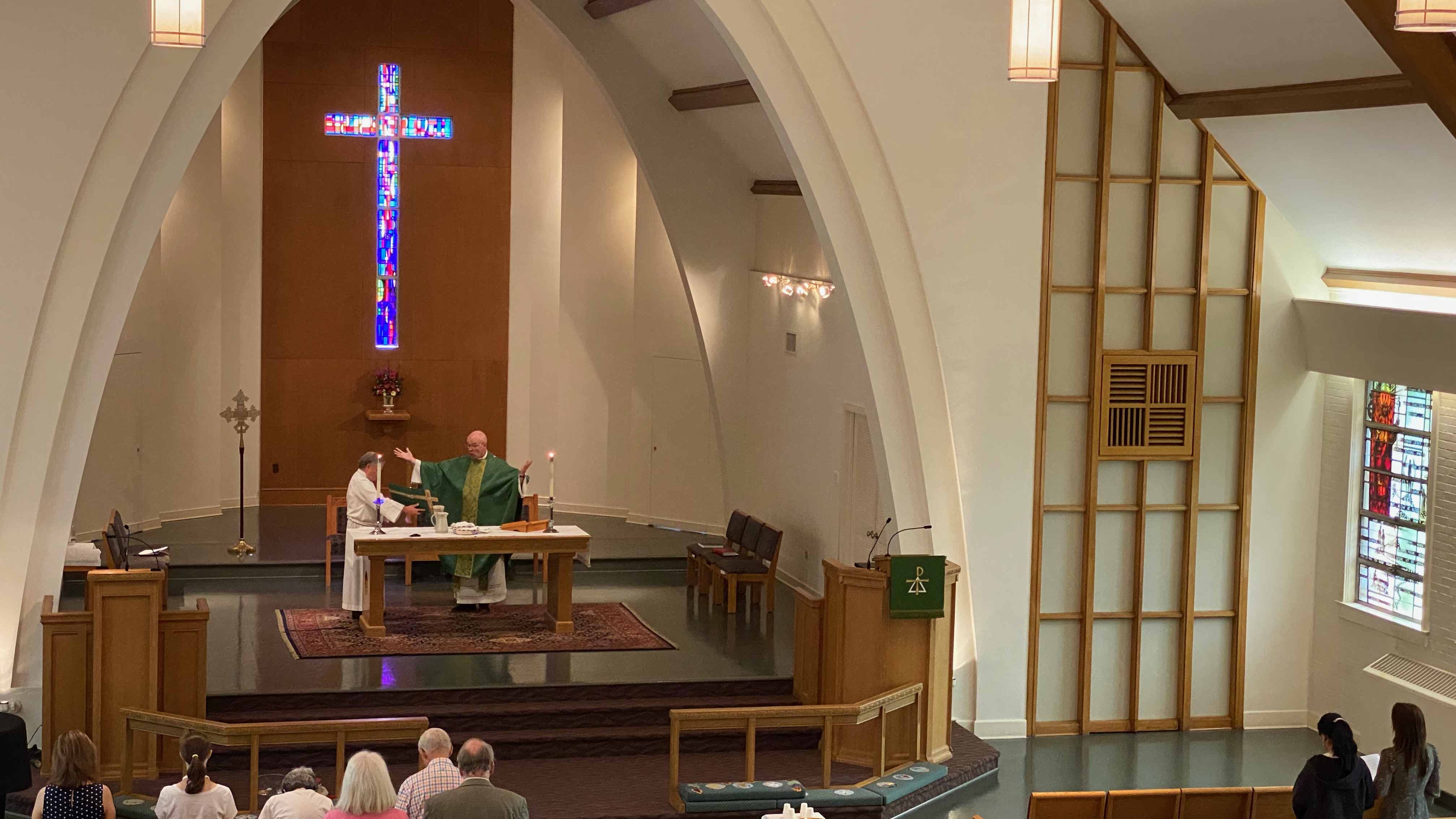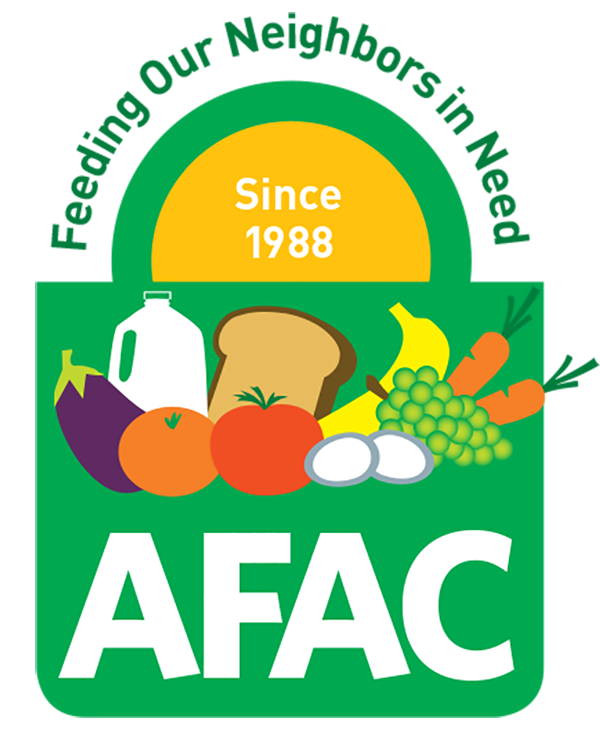Week of the Second Sunday after Pentecost
Dear Friends in Christ:
I’m drawn again to the theme of the garden. The paradise of Eden from which our forebears were expelled in response to disobedience. Gethsemane, the garden of which was watered by Jesus’ tears and bloody sweat. Golgotha, which became the garden where the cross, the tree of life, was firmly planted to flourish for our salvation. Our Memorial Garden, which contains the earthen remains of so many of our loved ones, and which was transformed this year into a stage for the liturgical drama of the Three Days of Holy Week into Easter. And then also our more ordinary garden places – my fledgling plot for flowers at the parsonage, your own places of garden inside and outside of your homes and apartments. And finally, our garden planet Earth.
But my mind is most focused currently on our “Plot Against Hunger.” A year ago, I wrote about our congregation’s community garden, the produce of which is given to feed in wholesome, healthy ways those in need in our community. I turned the theme of gardening into a metaphor for our life together as a congregation during the pandemic period of dormancy or fallowness.
Right now, my imagination is riveted on the “Plot Against Hunger” as a centerpiece and focal point of our gathering place as a reconstituted worshiping assembly. It’s our nave outdoors, as I have shared repeatedly. In this place the seeds of God’s word are planted among and within us via a diversity of scriptural readings. In this place, we are fed with the harvest of fields of wheat and the fruit of the vineyard in our sacred, sacramental meal of Christ’s corporeal, real presence. In this place, the Spirit’s dew descends upon us as we are watered with baptismal remembrance and thanksgiving, as we sing our songs, when we uphold the world in petitions of prayer, and as we extend gestures of Christ’s Peace to each other.
But this place, our community garden which plots against a cruel world’s efforts to hoard garden blessings, depriving so many of just nourishment, this place is also a launching pad back into the world from which we were gathered. It’s an excellent place to hear the words of dismissal, “Go in peace, serve the Lord!” We serve, in part, by feeding those in need. Healthy produce is a central feature of our congregation’s social ministry.
Such sacred serving is undertaken by the loving, caring hands of persons who regularly make an appearance throughout the week to prepare the soil, to plant seeds and seedlings, to weed, to water, to erect protective barriers to keep away hungry rabbits in search of a salad buffet. There is clearly an infrastructure of dedicated volunteers who are quietly organized behind the scenes. They nurture the system of roots hidden below the ground which at harvest time also networks with the system of nonprofit organizations in the Arlington area with whom we collaborate to make certain that the fruit of our garden gets into the right hands and hungry mouths of those who need it most. Thanks be to God for the many who serve the Lord via their tender, loving care for our “Plot Against Hunger.”
But here’s the gospel thing. Like Paul and Apollos, we plant, we water, but God gives the growth (cf. 1 Corinthians 3:5-9). Mostly, at least to the naked eye, our community garden just sits there without much human activity. Again, our volunteers appear only occasionally, though regularly. The season of growth unfolds in its own time, over the course of late spring, summer, and early autumn weeks and months. It’s unhurried, unrushed. This process does not succumb to the anxieties and urgencies of our days. Storms may rage about us. But the garden is still there, even if it be battered by the elements. And if it would become victim of drought or infestation (thankfully, the cicadas are comparatively harmless…), there are other gardens elsewhere to help fill the void.
It strikes me that our “Plot Against Hunger” is a lovely example and incarnation, therefore, of the link between contemplation and social action. In the case of the garden, the unhurried and unharried quality of the growing season will likely result in hundreds of pounds of healthy food that will benefit the hungry and food insecure. This being leads to doing, bearing fruit, the good work of feeding those in need. It is contemplative activity, a doing rooted in being that is ultimately grounded in God’s sovereignly creative initiative.
And this quiet unfolding that leads to fruit-bearing is a call to us as a church to root our activist ministry and mission in the contemplative grounding of our intentional, unhurried engagement with the means of grace in our communal spirituality, our being and our doing rooted in preaching, baptism, eucharist, confession and forgiveness, and the mutual conversation and consolation of siblings in Christ in the family of God – all of this is the soil in which we grow and flourish as persons of Christian faith, that we may freely give ourselves away for the sake of the world.
Thus, by God’s grace, mercy, and action, our garden place of contemplation of Christ in word and sacrament also bids us to slow down, breathe deeply, listen for God’s voice, standing firm in the ground of our faith, all the while trusting that God in Christ does in fact give the growth in the power of the Holy Spirit.
Think on these things the next time we are gathered for the fullness, the feast of our Sunday worship. In fact, we will have occasion intentionally to turn our hearts and minds and our bodies to our “Plot Against Hunger” this coming Sunday, June 13th when our liturgy’s sending will include a rite of blessing for this garden, for those who tend it, and for the people who will benefit from its fruits. Join us outdoors this Sunday at 9:30.
In Jesus’ name, and for Christ’s sake,
Pastor Jonathan Linman






